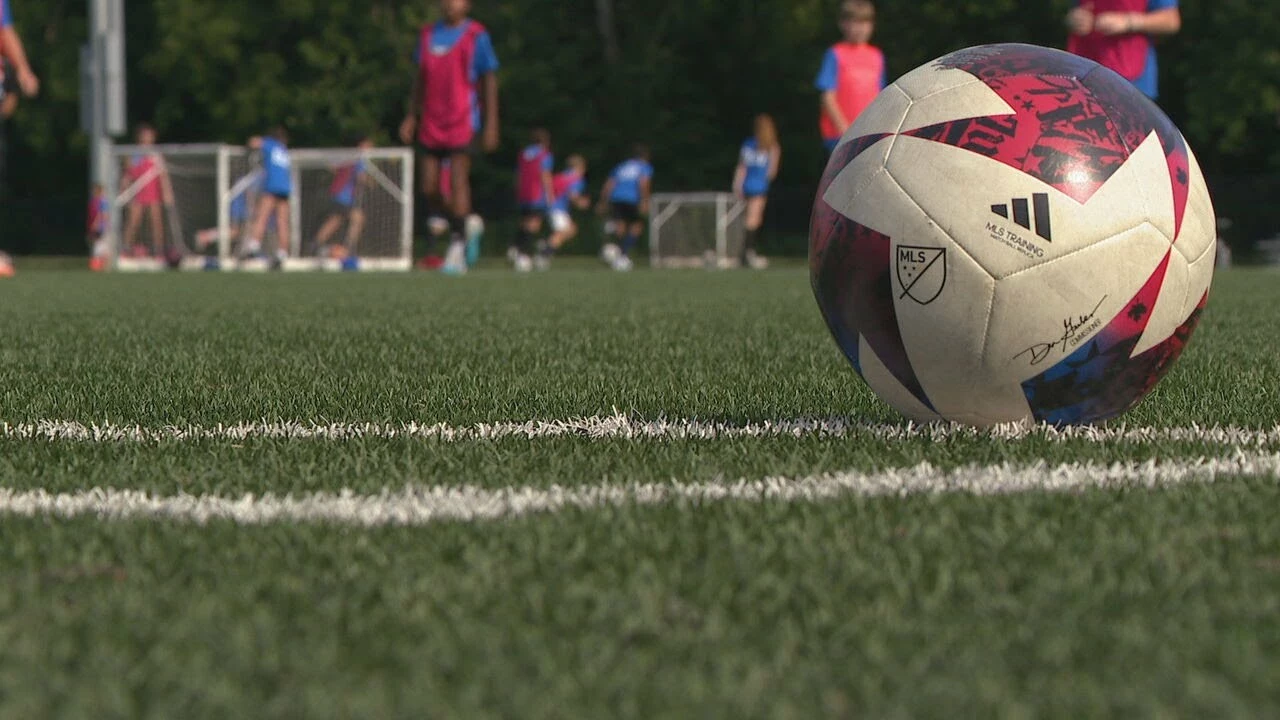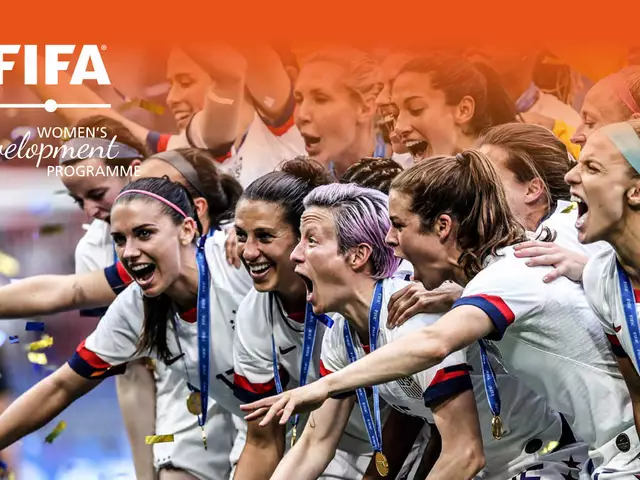
Unfolding the Tactics
Boy oh boy, soccer or, as my Australian comrades would say, football! It's the game that gets all of us, including my golden retriever Baloo, on edge with excitement. But there's always been one question lingering in the minds of many, just as it was the other day when I found myself engaged in a heated debate with some mates: have soccer teams ever agreed to play for a draw?
Blokes, you'd be surprised to know the number of times teams have seemingly played to a stalemate deliberately. It's equally as fascinating as it is perplexing. The decision to compete for a gridlock rather than sprint for a victory might seem baffling initially, but when examined under the microscope, it's laced with intricate strategy and underpinned by deep-rooted tactics.
The Strategy Behind Open-Ended Matches
Think about it: wouldn't it be more prudent to settle for a draw when circumstances deem such a result beneficial for both teams? In these instances, both squads conjure a mutually beneficial scenario and 'miraculously' end the game in an amicable deadlock.
A conspicuous example of this tactical phenomenon dates back to the 1982 FIFA World Cup when West Germany and Austria supposedly controlled the game to favour their joint progression to the subsequent round. The encounter, often dubbed as the 'Disgrace of Gijon', became a signature example of playing for a draw.
Understanding the Game's Importance
Yellow cards warning to my mate Apollo, my talkative parrot, who seems to be interjecting with comical squawks, there's more to the story. Such matches are not merely a case of two teams refusing to compete; rather, they magnify the importance of every single game.
This mindset can also influence team strategies. For instance, a team that understands the benefit of a draw could switch to a defensive approach, aiming to prevent the opponent from scoring. They enjoy their possession and build a human fortress to deny access to their goalpost, almost like an impenetrable medieval castle.
Unraveling the Football Politics
I promise, this is not as complicated as trying to teach Baloo how to fetch, or rather how to return the ball once he's fetched it. In the world of football, there exists an unwritten rule—the sportsmanship code. Yet, numerous instances have underscored how this cordial code can find itself at the crossroads with tactical benefits.
Imagine the last match day of a league when two trailing teams collude for a draw to avoid relegation, leaving another team high and dry. It's football politics in its purest form and a testament to the strategic nature of the beautiful game.
Code and Controversy
Alright, Natalie, my better half, always tells me to keep my writings balanced and fair, so here's the other side of the coin. Many do not endorse this approach, stating that it sidesteps the true spirit of competition.
Post the 'Disgrace of Gijon', FIFA changed its guidelines making the final group matches simultaneous to avoid such incidents. Yet, it remains a contentious topic since it borders on the thin line of ethics in the world of competitive football, where teams are expected to give their all for the win.
From Euphoria to Sighs: My Personal Encounter
Let me share an anecdote from a local soccer league that I participated in. My team was in a position where a draw could propel us to the finals. We dominated the play in the first half, but in the second half, the opponents, who were also on the verge of reaching the finals, put up a tough fight.
We ended up drawing the match but were eliminated due to goal difference. While it was a tough pill to swallow, it reminded me of the bitter-sweet dynamics this tactic can have. So let's take a moment and salute this fascinatingly bewildering facet of the beautiful game!
Final Deflection
As we disengage from this football huddle, let me say that yes, teams have agreed to play for a draw on multiple occasions. But remember, it's not always about foul play or unsportsmanlike conduct. It’s a game of strategy, after all. FC Apollo and Team Baloo may yet make a truce in the backyard league, who knows! As they say, sometimes soccer is more than just a game.
Related Posts
You may like these posts too



Write a comment